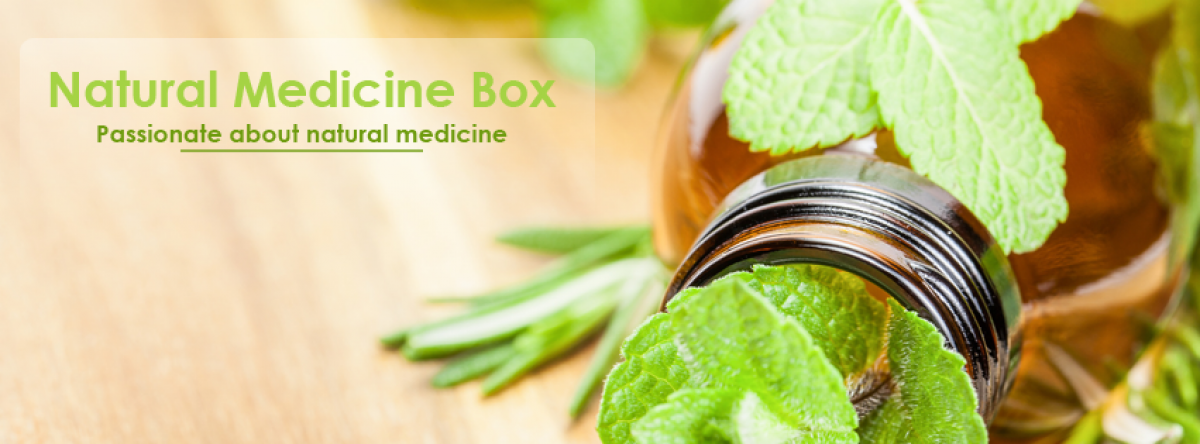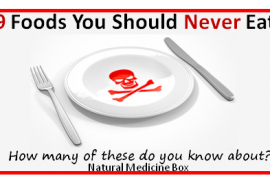4. Artificial Sweeteners
Contrary to popular belief, studies have found that artificial sweeteners such as aspartame can stimulate your appetite, increase carbohydrate cravings, and stimulate fat storage and weight gain. In one of the most recent of such studies, saccharin and aspartame were found to cause greater weight gain than sugar.
Aspartame is perhaps one of the most problematic. It is primarily made up of aspartic acid and phenylalanine. The phenylalanine has been synthetically modified to carry a methyl group, which provides the majority of the sweetness. That phenylalanine methyl bond, called a methyl ester, is very weak, which allows the methyl group on the phenylalanine to easily break off and form methanol.
You may have heard the claim that aspartame is harmless because methanol is also found in fruits and vegetables. However, in fruits and vegetables, the methanol is firmly bonded to pectin, allowing it to be safely passed through your digestive tract. Not so with the methanol created by aspartame; there it’s not bonded to anything that can help eliminate it from your body.
Methanol acts as a Trojan horse; it’s carried into susceptible tissues in your body, like your brain and bone marrow, where the alcohol dehydrogenase (ADH) enzyme converts it into formaldehyde, which wreaks havoc with sensitive proteins and DNA. All animals EXCEPT HUMANS have a protective mechanism that allows methanol to be broken down into harmless formic acid. This is why toxicology testing on animals is a flawed model. It doesn’t fully apply to people.
Of all the available oils, coconut oil is the oil of choice for cooking because it is nearly a completely saturated fat, which means it is much less susceptible to heat damage. And coconut oil is one of the most unique and beneficial fats for your body. For more in-depth information about the many benefits of coconut oil, please see this special report. Olive oil, while certainly a healthful oil, is easily damaged by heat and is best reserved for drizzling cold over salad.


